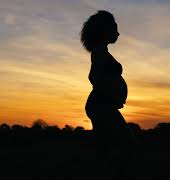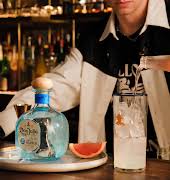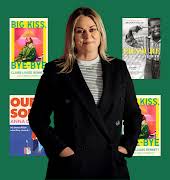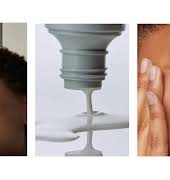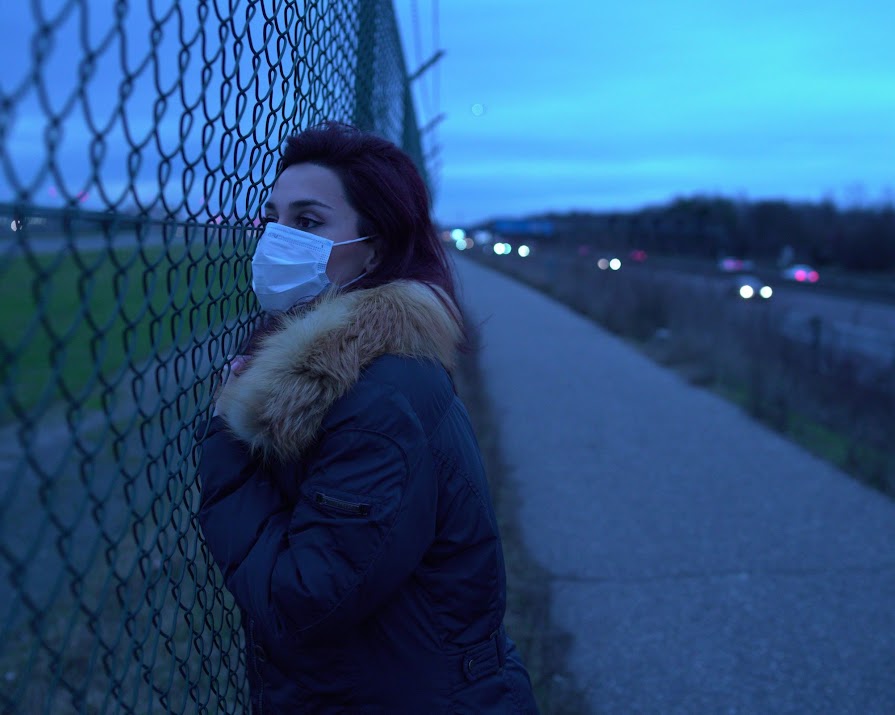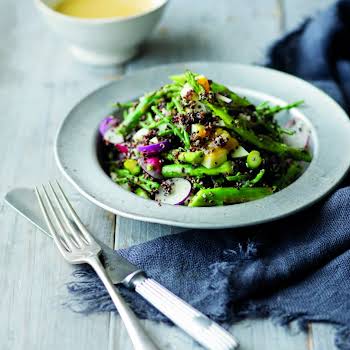
‘The flu is worse than the Coronavirus’ – debunking the biggest Coronavirus myths
By Edaein OConnell
03rd Mar 2020
03rd Mar 2020
Hearing a lot about the Coronavirus and wondering what is truth and what is fiction? We are debunking 10 of the biggest myths
It seems with each passing day, the number of Coronavirus Covid-19 cases increases.
With this surge in cases comes a rise in myths.
The ongoing conversations taking place on social media, the traditional media and between people are causing often untrue commentary to be thrown around.
This, in turn, can cause panic and hysteria which is why it’s never been more important to take a look at the facts.
We are taking a look at some of the biggest myths surrounding Coronavirus and debunking them with information from scientists, medical experts, statistics and the World Health Organisation (WHO).
Myth 1: “It’s not safe to receive a letter or package from China”
According to the World Health Organisation, there is no risk associated with receiving a letter or package from China: “People receiving packages from China are not at risk of contracting the new coronavirus. From previous analysis, we know coronaviruses do not survive long on objects, such as letters or packages.”
Myth 2: “The flu is worse than the Coronavirus”
This claim has both true and false elements. Many people who become infected with the virus will only experience flu-like symptoms but very little is still known about the virus. On average seasonal flu strains kill 0.1% of those infected. Some current estimates of Covid-19 show a mortality rate of 1-2%.
Professor Steven Riley, of Imperial College London’s Centre for Global Infectious Disease Analysis, told Sky News: “Using a variety of data, and correcting for known biases, we estimate that approximately 1% of people infected with this virus will die as a result of that infection.
“Although this is lower than diseases such as Ebola or SARS, it is considerably higher than seasonal influenza.”
According to Live Science the virus has a much higher ‘basic reproduction number’ or R0 than the flu. This is a calculation of how easily a virus spreads and the number of people who can catch a bug from an infected person.
“Currently, the R0 for SARS-CoV-2, the virus that causes the disease COVID-19, is estimated at about 2.2, meaning a single infected person will infect about 2.2 others, on average. By comparison, the flu has an R0 of 1.3.”
Myth 3: “You will die from Coronavirus”
Though it has a higher fatality rate than the flu, Covid-19 is not a death sentence. According to a study published by the Chinese Center for Disease Control and Prevention on February 18, 80.9% of those infected had mild symptoms. Out of the total number of confirmed cases (44,672) there were 1,023 deaths giving an overall fatality rate of 2.3%.
The study also found that those already suffering from underlying health conditions and those who were older (over the age of 80 had the highest mortality rating) were more at risk of having a severe reaction.
However, precautions still must be taken by everyone to protect themselves from the virus.
Myth 4: “Wearing a face mask will protect me”
The answer seems to be no. Speaking to Sky News Dr Nathalie MacDermott, a clinical lecturer at King’s College London said: “Surgical masks are not designed with a very decent filter on them so they’re not able to really filter out finer particles such as viruses.
“They also don’t always fit ideally around the face to provide enough protection for someone.
“We breathe out humidified air which essentially moistens the mask over time and once that mask becomes moist, it’s really no longer very effective.”
However, according to the Centers for Disease Control and Prevention (CDC) those already infected with the virus should wear masks to reduce the risk of infection of others around them. Facemasks should be gotten rid of after every use.
Myth 5: “Pets can spread the infection”
According to the World Health Organisation, there is no current evidence that shows animals and pets such as dogs and cats can be infected with the virus.
Myth 6: “You can get Coronavirus by eating at Chinese restaurants”
This is completely untrue. There is no scientific or medical evidence of any kind to support this.
Myth 7: “Rinsing your nose with saline solution can prevent Covid-19 infection”
Again, there is no evidence showing that the use of saline solution can prevent the virus. The World Health Organisation says, “There is some limited evidence that regularly rinsing nose with saline can help people recover more quickly from the common cold. However, regularly rinsing the nose has not been shown to prevent respiratory infections.”
Myth 8: “Hand dryers can kill the virus”
Hand dryers cannot kill the Covid-19 virus. Washing your hands frequently with alcohol-based hand wash or soap and water is one of the best forms of prevention.
Myth 9: “A vaccine is on the way”
Though work is being carried out on finding a vaccine for the virus, it will take some time before a viable medicine is available. Vaccines have to go through numerous tests (on animals and humans) before they can be used. It is likely that it could be at least a year before a vaccine is distributed.
Myth 10: “The summer heat will kill the virus”
US President Donald Trump said recently: “a lot of people think that (coronavirus) goes away in April with the heat, as the heat comes in, typically that will go away in April”.
This theory is based on the winter flu, which typically sees a decline in cases once warmer weather hits and people are spending more time outdoors. However, Coronavirus has hit in countries in places like Singapore which commonly has high temperatures all year long.
Also, the influenza pandemic of 1918 (known as the Spanish flu) first appeared in the spring of that year. Decline in cases and deaths were seen during that summer, possibly due to higher temperatures. However, it reappeared in the autumn much deadlier and contagious than its predecessor.
Read more: WATCH: Two pathologists debunk commonly believed coronavirus myths
Read more: Coronavirus in Northern Ireland: HSE seeks passengers who were seated near patient on Dublin flight
Read more: Endometriosis: Alexa Chung describes condition as “invisible hellmare” in emotional Instagram post



